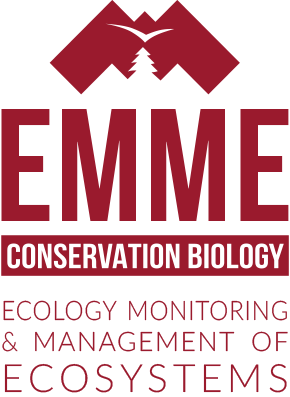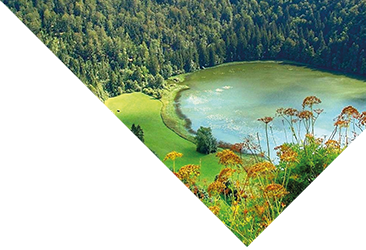Description:
This unit provides advanced knowledge in population and community ecology.
Learning Objectives:
Theoretical learning outcomes:
• Knowledge of the structure and function of food webs (energy flows, topology, trophic cascades…).
• Knowledge of the patterns and effects of contaminant transfer through ecosystems.
• Mastering population genetic concepts.
• Acquiring basic concepts of biogeography, metapopulation and metacommunity.
Technical learning outcomes:
• Utilising the above-mentioned theoretical concepts and methods in order to answer a scientific question.
Prerequisites:
Basic knowledge in interactions between populations, in structure and dynamics of populations and communities, and biodemographic strategies, provided in Bachelor’s degree.
Teaching Methods:
Lectures, seminars, practicals.
Assessment:
Reports on the content of the sessions, and oral and written exams.
Recommended Reading:
- Walker CH, Sibly RM, Hopkin SP, Peakall DB. 2012. Principles of Ecotoxicology. SRC Press. Boca Raton, USA.
Related Media:
- BBC web page dedicated to wildlife: https://www.bbc.co.uk/programmes/p013mrl5
- “How wolves change rivers” – Case study concerning the re-introduction of wolves in the Yellowstone, summarised in a short documentary, : https://ethology.eu/how-wolves-change-rivers/
Coordinator:
Francis RAOUL, francis.raoul@univ-fcomte.fr





